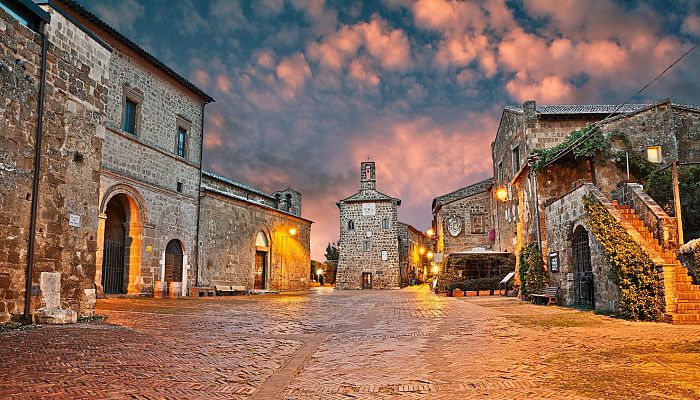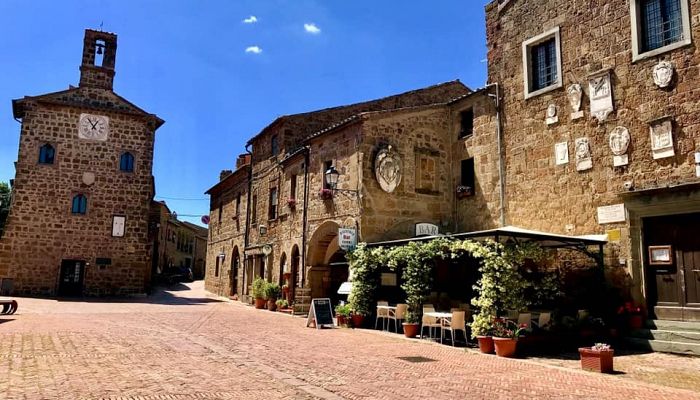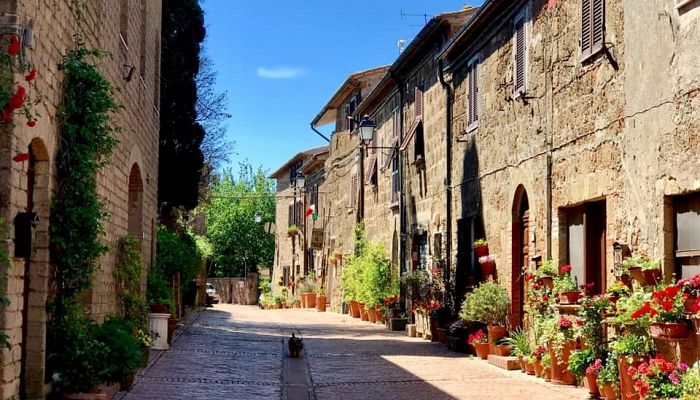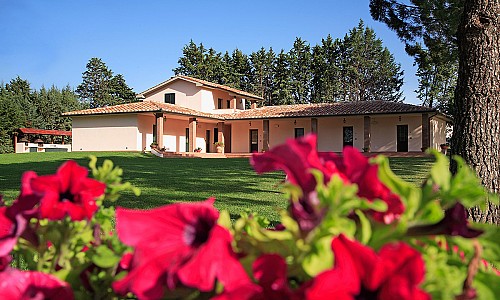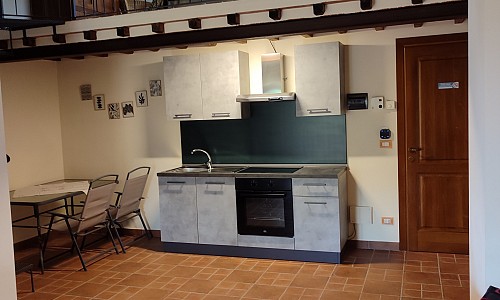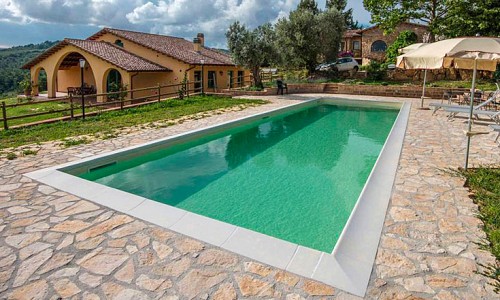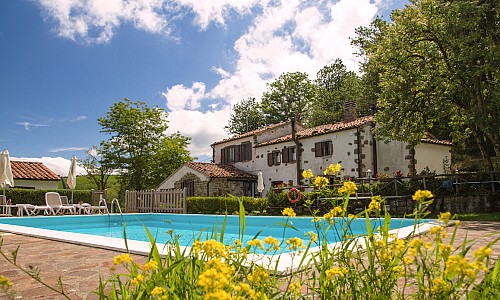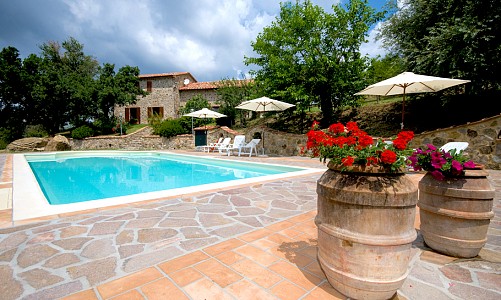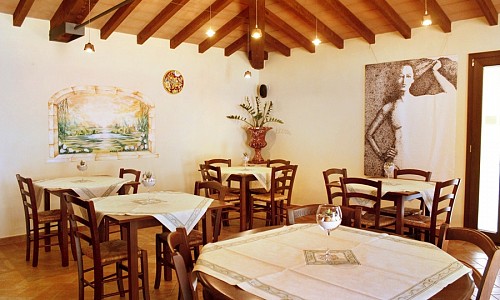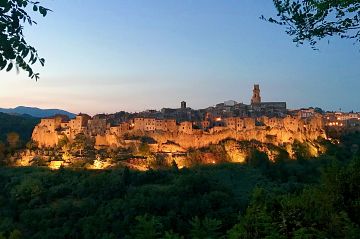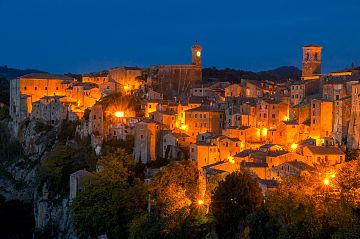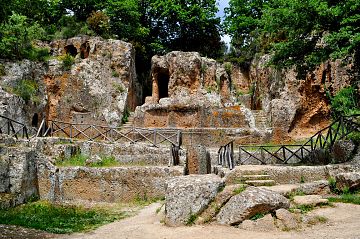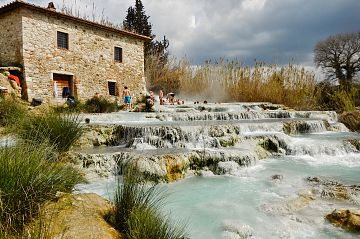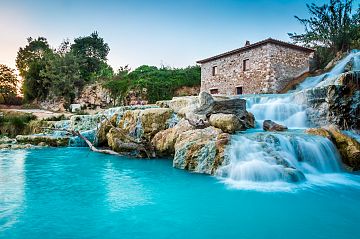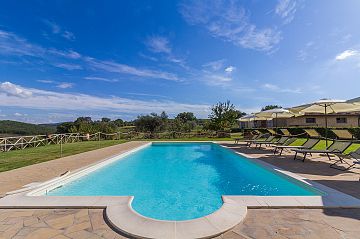Sovana, one of the three cities of tuff
- Category What to visit in Maremma
Sovana, a small and characteristic medieval village with an ancient history.
Number of views: 10593Agriturismo - Where to stay overnight
Sovana, historical notes
"Suana" already in Etruscan times, under the dominion of the Roman Empire Sovana was raised to a town hall and obtained Roman citizenship.
As early as the fifth century Sovana became a bishopric.
The current town is characterized by the medieval style, it is in fact in this period that the city experiences its period of maximum splendor and expansion, under the control of the Aldobrandeschi family, it was during the Middle Ages that the fortress was built and which, having become a free municipality, saw the birth of one of the most important historical figures, Ildebrando di Suana, better known in the chronicles as Pope Gregory VII.
The village of Sovana is certainly unique and characteristic, everything develops around the Piazza del Pretorio, it is here that some of the most representative and important buildings, such as the Church of Santa Maria Maggiore, the Church of San Mamiliano, Palazzo Bourbon del Monte, Palazzo of the Archives, Palazzo del Pretorio, Loggia del Capitano.
Not far from the square we find the Duomo, dedicated to Saints Peter and Paul, and the Aldobrandesca fortress.
Source: sovana.info
What to see in Sovana
Sovana is an interesting center of culture as it is home to museums and archaeological itineraries in the nearby Etruscan areas. The Sovana museum complex is located in the historic center, set up inside the Church of San Mamiliano, with the display of the so-called "treasure of Sovana", and inside the Palazzo Pretorio, with the info-point.
The village is also one of the headquarters of the Archaeological Park Città del Tufo, which includes the ancient necropolis, divided mainly into two sectors: the first includes Via Cava del Cavone, Poggio Felceto, Poggio Prisca and Poggio Stanziale, north of the Calesine ditch and along the Picciolana stream; the second includes the via cava di San Sebastiano, the necropolis of Sopraripa and the monumental tomb of the Siren, south of the Calesine ditch and along the Folonia torrent.
Source: Wikipedia

